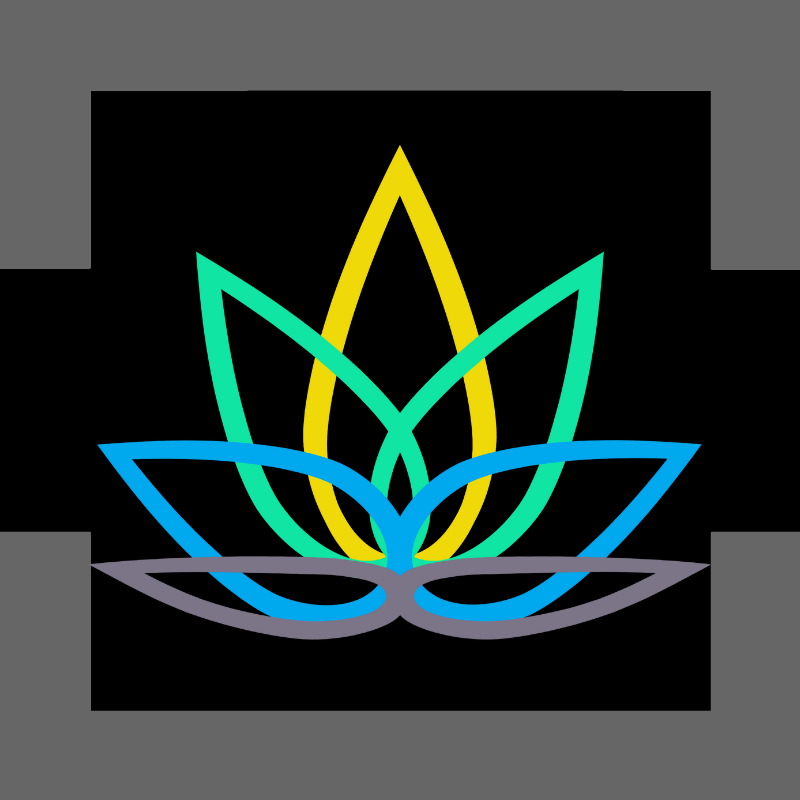
Physiotherapy in Proctitis and other Pelvic conditions
With its non-invasive treatments that can greatly enhance symptoms and quality of life,
physiotherapy is an essential part of the management of proctitis and other pelvic
disorders.
The term “Proctitis” describes inflammation of the rectum’s lining, which is the last
section of the large intestine that comes right before the anus.
Pelvic ailments refer to a range of illnesses that impact the organs and tissues located
in the pelvic area, such as the rectum, ovaries, bladder, and uterus.
Causes of Proctits
Pelvic Floor Muscle Weakness
The muscles of the pubococcygeus (PC),
iliococcygeus, and puborectalis comprise the pelvic floor. The bladder, uterus, and
rectum may not receive enough support if these muscles are weak. Urinary
incontinence (unintentional urine leakage) and pelvic organ prolapse (when these
structures drop into the vaginal canal) are two disorders that may be exacerbated by
weakness of these muscles.
Tight pelvic floor muscles
On the other hand, when pelvic floor muscles such as the
pubococcygeus (PC), iliococcygeus, and puborectalis muscles are overly tight they can
cause pelvic pain and discomfort. In addition, excessively tight pelvic floor muscles can
impair bowel and bladder function because it reduces blood flow and aggravates
inflammation in the rectal area. This hypertonicity may make disorders like proctitis
(inflammation of the rectum) worse.
Bad Alignment & Posture
Improper posture can put more strain on the pelvic organs
(bladder, uterus, and rectum) and muscles (including the pelvic floor muscles).
Examples of this include extended sitting with a slumped position and standing with
poor alignment. This limits circulation and escalates the inflammation in the pelvic area.
This pressure may exacerbate illnesses like proctitis and lead to chronic pelvic pain.
Musculoskeletal Imbalances: The gluteal muscles (gluteus maximus, Medius,
Minimus), hip adductors (adductor magnus, longus, brevis), hip flexors (iliopsoas), and
core muscles (transverse abdominis, internal and external obliques) are among the
many muscles that support the pelvis and lower back. These muscles’ imbalances can
impact the stability and function of the pelvis, resulting in compensatory behaviors that
put stress on the pelvic structures. This may worsen diseases like proctitis and lead to
pelvic pain syndromes.
Formation of Scar Tissue
After pelvic procedures or trauma (including those
performed for diseases such as proctitis or pelvic organ prolapse), scar tissue may
develop. In order to reduce knots and increase tissue suppleness, physiotherapy
treatments including massage and scar tissue mobility are essential. Otherwise, scar
tissue can impair mobility and worsen pelvic disease symptoms by harming the muscles
and organs in the pelvic area.
Immediate Help through Physiotherapy for Proctitis:
Are you experiencing aching pelvic muscle pain after walking, jogging, or sitting? Lower abdomen pain after workouts? Pain in the pelvic area from lifting? Or recovering from a pelvic bone fracture?
Seeking better urinary retention or pelvic pain home treatment? Interested in pelvic tendon stretches, glute kegels for knee pain, or hip and calf stretches for pelvic floor? Curious about laser stress incontinence treatment?
At Curezone Physiotherapy, our incontinence experts in Mississauga and Oakville improve hip strength and flexibility with targeted exercises and stretches. For Pelvic Floor Physiotherapy in Mississauga or Oakville, or if you are searching for “pelvic floor physiotherapy near me”, contact us to start your recovery journey. Call us or book an appointment online with our expert physiotherapists.
Pelvic Muscle Pain Treatment Mississauga:
Physiotherapy Clinic Mississauga – Curezone Physiotherapy, Heartland Mississauga.
Physiotherapy Clinic Erin Mills – Curezone Physiotherapy, Erin Mills Mississauga.
Pelvic Muscle Pain Treatment Oakville:
Physiotherapy Clinic Oakville – Curezone Physiotherapy, Burloak Oakville.





